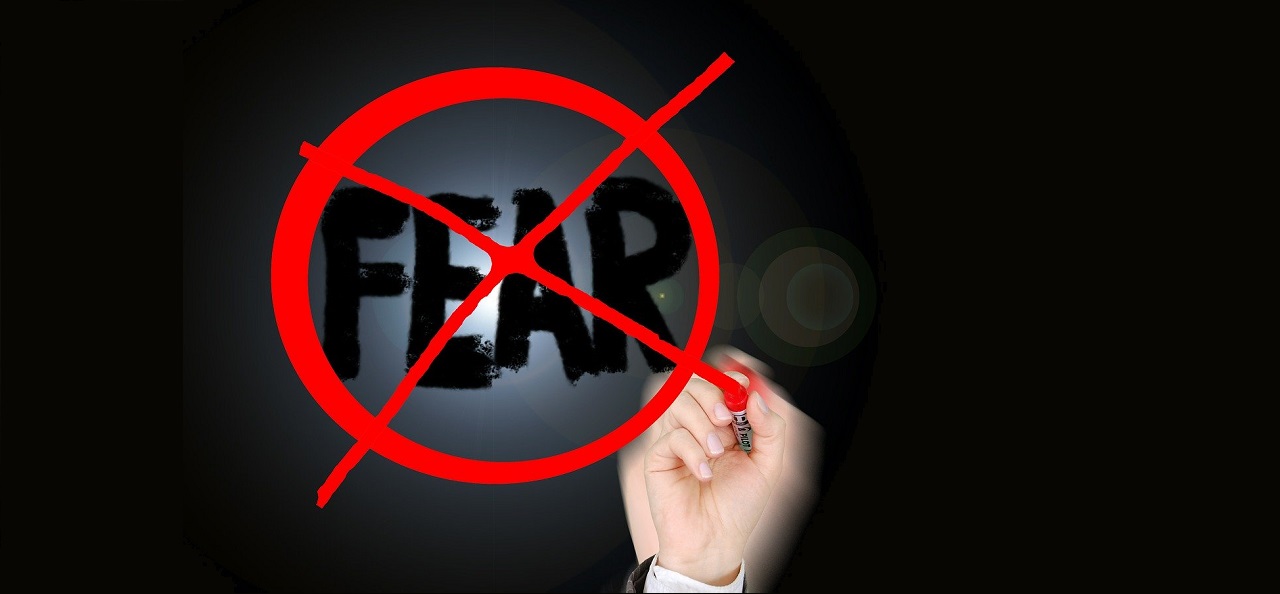The fear we have of Covid-19 is very real. Most of us can admit we’re scared: scared for our family and friends, scared about the pandemic’s impact on the economy, scared about something we cannot yet control, and fearful of a strange new world. That is fear in its truest sense.
In a work context though, we are more familiar with a different type of fear, and it can strangle progress at a personal and a corporate level. Fear of failure, fear of reputational damage, fear of trying something new.
We often tell stories of fearless leadership, of companies embracing the new world of work, adopting artificial intelligence and automation, and evangelizing new ways of working. But we talk less openly of organizations that are stuck in their ways, nervous of change or tied to accepted norms. They exist, though, in the millions, with all their myriad reasons why doing stuff differently is a bad idea. Maybe you even work at one.
In her book Feel the Fear and Do it Anyway, Susan Jeffers says, “The only way to get rid of the fear of doing something is to go out and do it.” And yet so often, we don’t. Or at least, we haven’t been.
Right now, though, we don’t have time to worry about whether something will be successful or not. It seems that the fear of something far bigger than us is driving a new fearlessness in the world of work.
Here are three examples of how:
The ‘working from home actually works’ phenomenon. At a global level, companies have rapidly shifted to home working, using, for the most part, tools that already existed. Home working was already technically possible and now the global fear of virus transmission has dwarfed any individual or organizational fears surrounding lack of productivity. Worried that staff may not be as productive working from home? Problem solved — they are already doing it, and early signs suggest working from home increases productivity.
The collaboration phenomenon. Organizations often talk of collaboration, but concerns about intellectual property, culture clash and legal risk can get in the way of making it a practical reality. Covid-19 is changing that. A close friend works for a charity supporting the elderly. She reports that in just three weeks numerous partnerships across the sector have sprung up as different charities unite over a single mission to protect and support this vulnerable group. Fears about diluting individual funding have disappeared and red tape has melted away. In her words, “I’m blown away by the cooperation of people to get stuff done.”
The pivot phenomenon. It is true that necessity is the mother of invention. Companies everywhere are pivoting to deliver new services in different ways as a direct response to Covid-19. In most cases, as with working from home, they are using skills and technology that already exist, but there has been a shift in mindset. “What if?” has become a question that is now being answered. From 3D printers being repurposed to produce anything from hands-free door hooks to face shields, to events companies learning a whole new skill set in film production, it seems that innovation is everywhere.
I would hazard a guess that you have already done something new in the last month that would have scared you before. Even if it’s something as small a switching on your camera for a video conference. What fear will you overcome next?









